Keywords: Religious
There are more than 200 results, only the first 200 are displayed here.
-
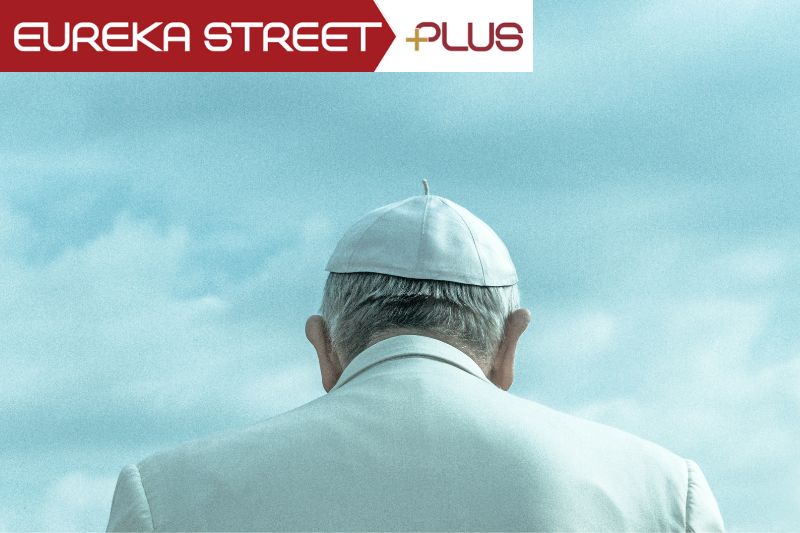
RELIGION
- Geraldine Doogue, Greg Craven, John Warhurst, Julian Butler
- 17 June 2022
3 Comments
After four years, the Fifth Plenary Council of Australia is nearly at a close with the second and final assembly in July. So what has been the significance of the Plenary Council so far, and what can we expect from the final session? In this Roundtable, Geraldine Doogue, John Warhurst, Greg Craven and Julian Butler reveal their hopes and expectations for the process and discuss likely outcomes.
READ MORE 
-
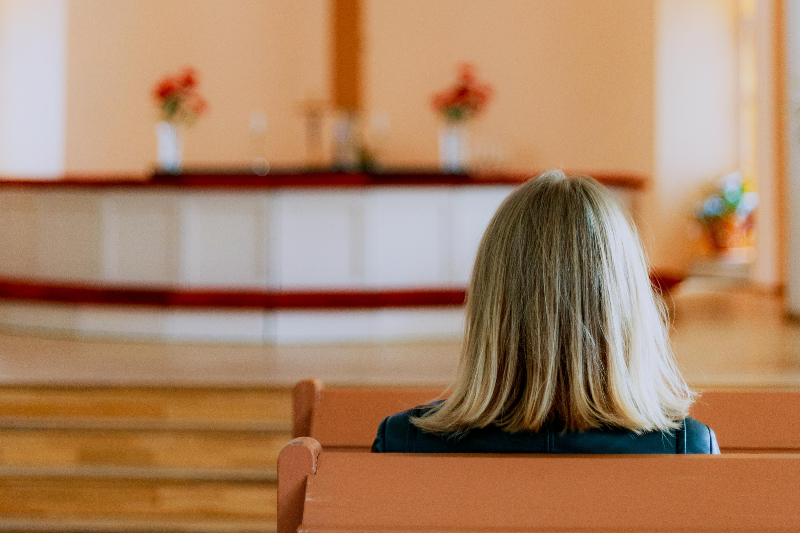
RELIGION
- Elizabeth Young
- 15 June 2022
3 Comments
Should women be considered for ministry as deacon? Should Pope Francis authorise such ministry? This topic often raises emotions, and strong views either for or against. This is one of the questions posed by Motion 54 to the Church’s July Plenary Council session, where members will amend and vote on 105 motions, prompted by the question, ‘What do you think God is asking of us in Australia at this time?’ Motion 54 is one to watch.
READ MORE 
-
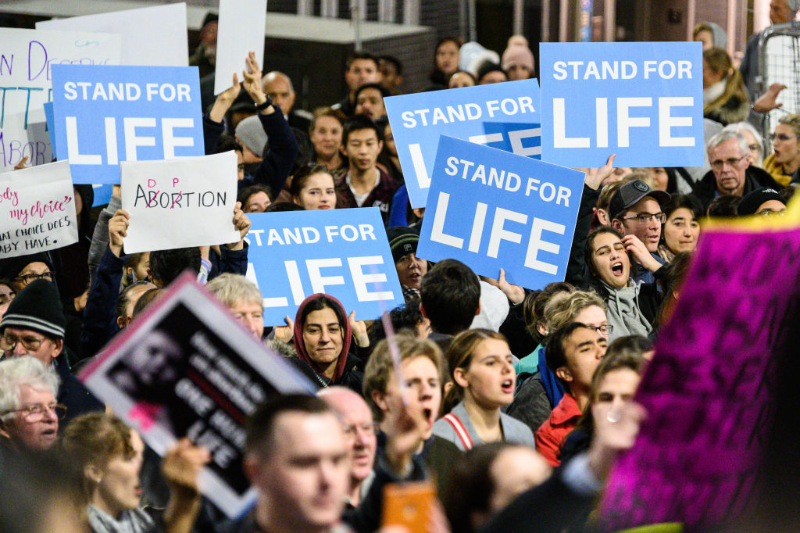
AUSTRALIA
- Michael McVeigh
- 15 June 2022
6 Comments
One would assume that the Victorian Liberal Party has looked at the numbers, and believes that religious conservatives no longer make up a significant proportion of their constituency. Certainly, the moral authority of the Catholic Church and other Christian denominations has taken a battering in the state over the last decade, with many remaining openly hostile to religious perspectives. If the pro-life movement was ever a significant force in Australian politics, that’s no longer the case.
READ MORE 
-
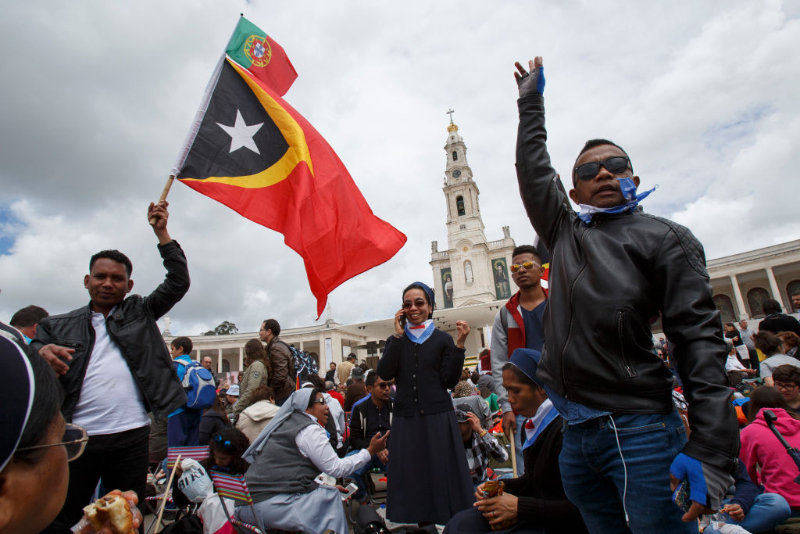
RELIGION
While the church in East Timor has its hands full serving its large membership, a big challenge is to work out what its role should be in post-war Timor. Rather than entrench its comfortable status quo, Cardinal Virgilio, educated in the Philippines and from an order skilled in youth education, must ensure that the church’s new status is used to move it towards the model advocated by Pope Francis.
READ MORE 
-

AUSTRALIA
- Julian Butler
- 03 June 2022
1 Comment
Bernie Finn is not a figure I would naturally warm to. He has a rambunctious, contrarian persona that grates. A few months ago, if you had said to me that he would be expelled from the Victorian Liberal Party, I would have imagined it would be for some position or action I find egregious. Instead, he has been expelled for a position I essentially share.
READ MORE 
-

ARTS AND CULTURE
- Andrew Hamilton
- 03 June 2022
1 Comment
As I was reading the illuminating contributions to Class in Australia I had to confront my attitudes to Marxist analysis, to the claims of sociology, social work and psychology to be sciences, to the relative importance of inequality based on wealth, gender and race, and to any claim that canonises individual choice while claiming to be value free.
READ MORE 
-
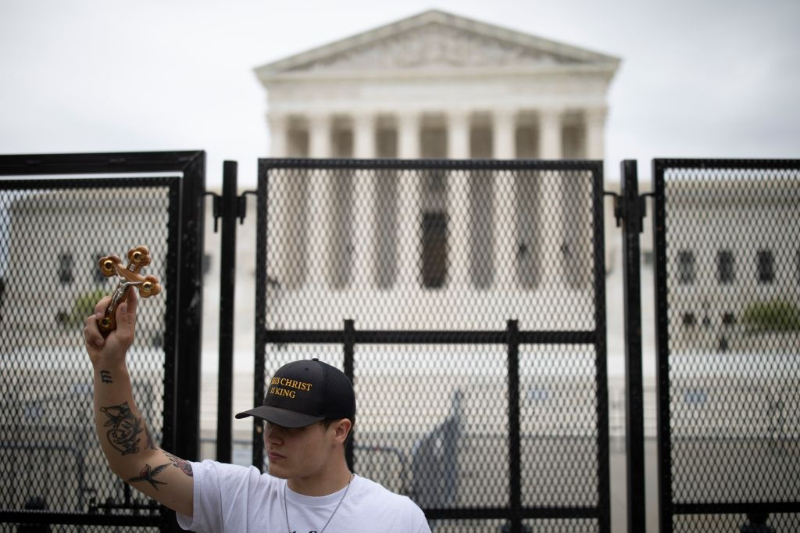
RELIGION
- Miles Pattenden
- 26 May 2022
19 Comments
News leaked earlier this month that the US Supreme Court plans to overturn its most famous decision, that in Roe vs Wade (1973) which protects a pregnant woman's freedom to choose to have an abortion without excessive government restriction. The decision has attracted much criticism both in the past and now on account of its dubious legal reasoning – in particular, its attempt to link the right to abort to a right to privacy which itself was notional and not specified in the US Constitution.
READ MORE 
-
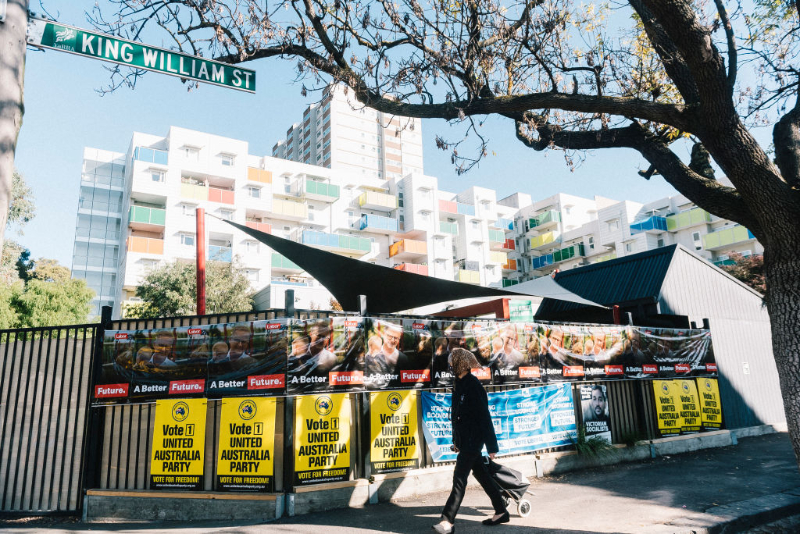
AUSTRALIA
- John Warhurst
- 24 May 2022
13 Comments
Governments lose elections, but Oppositions still must demonstrate that they are a capable alternative. Both the Morrison Coalition government and the Albanese Labor Opposition played their part last Saturday. There were many sub-plots in the pattern of voting, but this election was primarily lost and won in the four biggest mainland cities.
READ MORE 
-
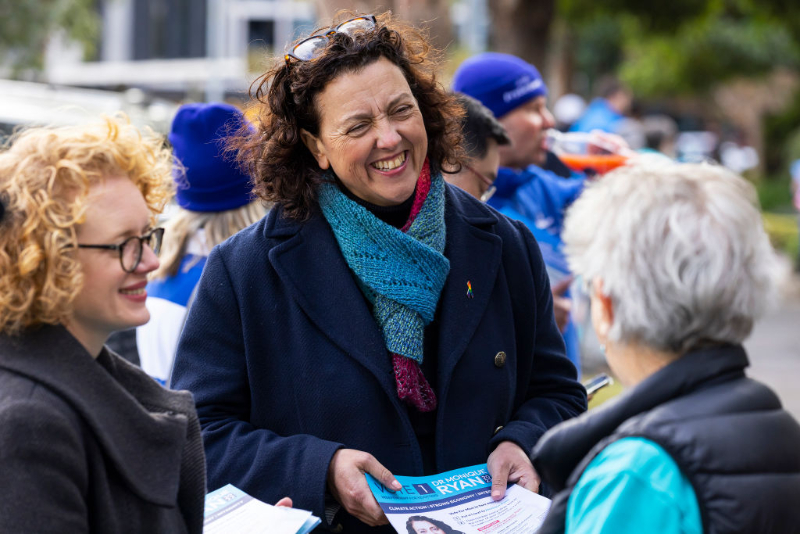
EDUCATION
- Chris Middleton
- 23 May 2022
7 Comments
Perhaps the most dramatic individual result of the Federal election was that Menzies’s seat, Kooyong, has fallen to a Teal independent, Dr Monique Ryan. Xavier College sits in the Kooyong electorate, and Dr Ryan is a parent at the College. Dr Ryan proved to be an impressive candidate who ran as a good a local campaign as I have ever seen. It was marked by a strong engagement by many locals, and especially among professional women, and older residents.
READ MORE 
-
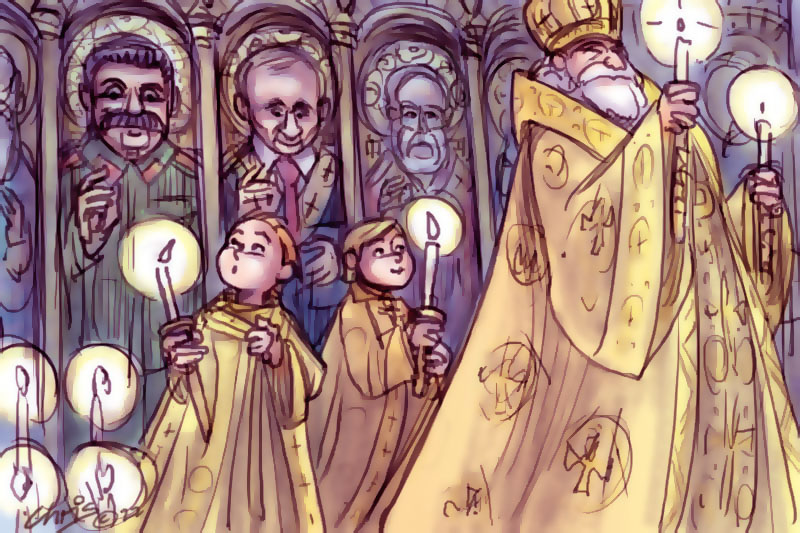
INTERNATIONAL
- Stephen Minas
- 23 May 2022
3 Comments
‘We removed him from the mausoleum’, wrote the Soviet poet Yevgeny Yevtushenko. ‘But how do we remove Stalin from Stalin’s heirs?’ The poem was published in 1962 but it’s still a good question. Today one of Stalin’s heirs commands a barbaric war against Ukraine with the enthusiastic cheerleading of another such heir – the leader of the Moscow Patriarchate reestablished by Stalin.
READ MORE 
-
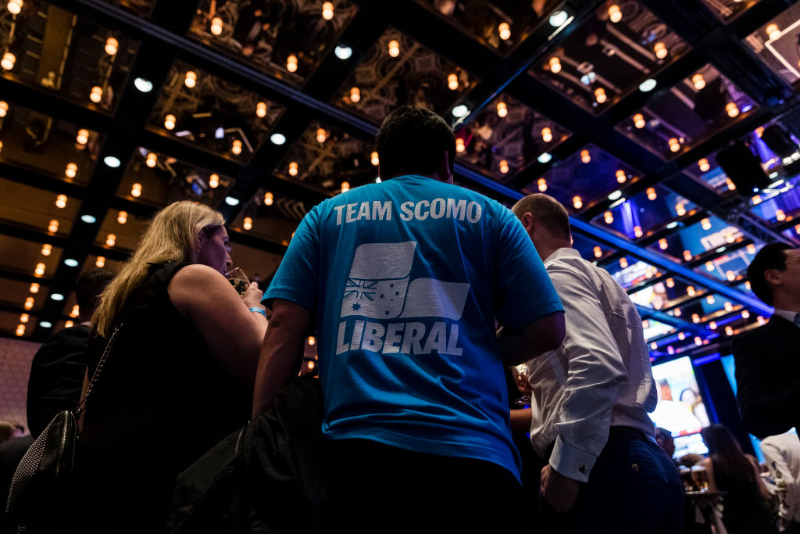
AUSTRALIA
- Anthony N Castle
- 18 May 2022
8 Comments
I was invited to a party the night of the 2019 election. The night’s entertainment was invite-only, with long tables of bread and wine, and I stepped back from the sounds of celebration to hear the political coverage on my phone. Standing at the far window, I looked up to see people in the night below, out in the dark, silent. Behind me a party guest shouted over the noise ‘what happened?’ I looked away from those outside and answered: a loss.
READ MORE 
-
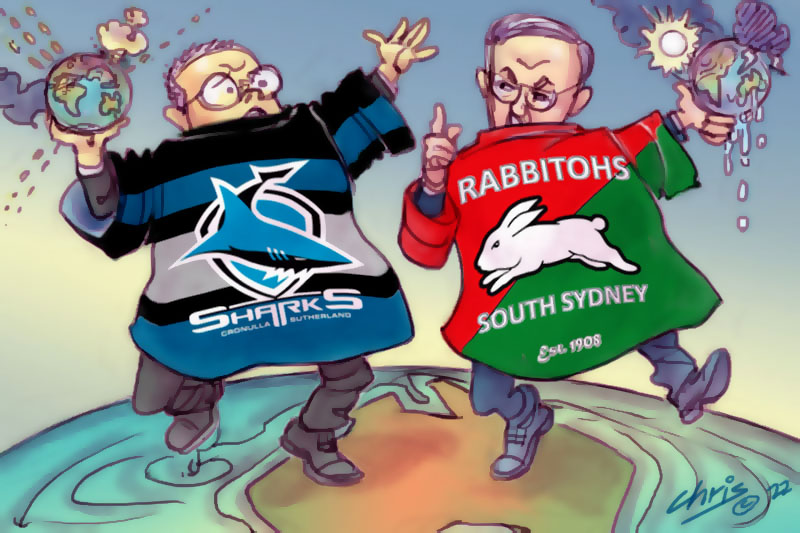
AUSTRALIA
- Julian Butler
- 12 May 2022
3 Comments
Election campaigns can be defined by all sorts of things. Gaffes, negative ads, international incidents, public policy. It is trite but no less true to say that this federal election campaign has been much more about the first three rather than the last. The policy discussion has been edged into the election mix most seriously by various interest groups and by some of the macro party and independent candidates seeking election.
READ MORE 